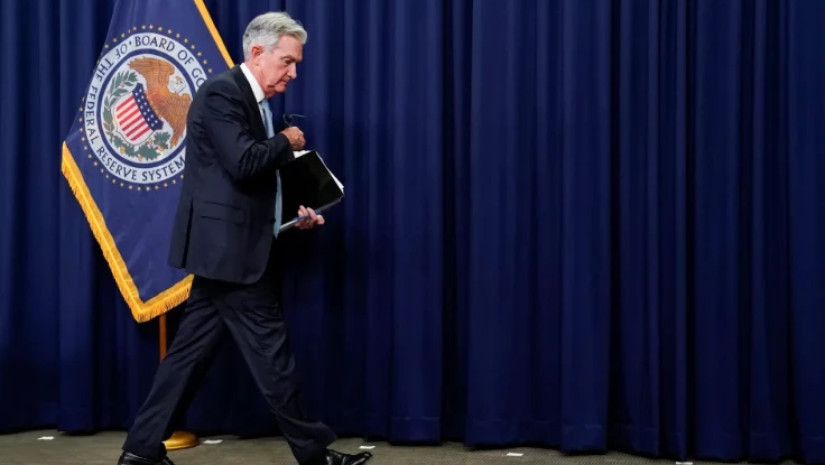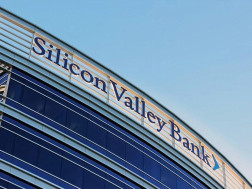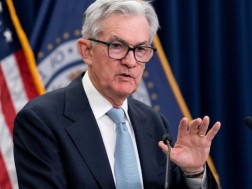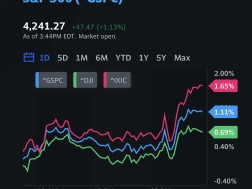The Federal Reserve is expected to raise interest rates by 0.75% for the third consecutive time this afternoon as the central bank continues to try to tame multi-decade highs in inflation.
That would put the federal funds rate — the central bank’s benchmark borrowing rate — between 3.0% to 3.25%, up from the current range of 2.25% to 2.5%. This would bring the fed funds rate to its highest level since 2008.
Three 75-basis-point rate hikes in a row would be unprecedented in the era of the Fed explicitly targeting the federal funds rate to conduct monetary policy since the late 1980s. Before then, the Fed used a different mechanism for conducting monetary policy.
The Fed’s expected decision comes as inflation continues to surprise to the upside. A hot inflation report earlier this month showed consumer prices, excluding the volatile food and energy categories, increased in August from July even as the overall pace of inflation year-over-year slowed slightly. Overall, the Consumer Price Index (CPI) rose 8.3% in August from the same month a year ago, down from 8.5% in July and from 9.1% in June, which was the highest level of inflation in 40 years.
The longer this period of high inflation continues, the greater the chances that expectations of higher inflation will become entrenched, making it more difficult for the Fed to achieve price stability.
"I think the August inflation report served as a wake-up call to investors that core inflation is not going to come down rapidly. It's going to be sticky for a while," Shawn Snyder, head of investment strategy at Citi U.S. Wealth Management, told Yahoo Finance Live. "But I think the bigger question for investors right now is what is the terminal Fed funds rate? What is the rate at which they will go on pause?"
That would put the federal funds rate — the central bank’s benchmark borrowing rate — between 3.0% to 3.25%, up from the current range of 2.25% to 2.5%. This would bring the fed funds rate to its highest level since 2008.
Three 75-basis-point rate hikes in a row would be unprecedented in the era of the Fed explicitly targeting the federal funds rate to conduct monetary policy since the late 1980s. Before then, the Fed used a different mechanism for conducting monetary policy.
The Fed’s expected decision comes as inflation continues to surprise to the upside. A hot inflation report earlier this month showed consumer prices, excluding the volatile food and energy categories, increased in August from July even as the overall pace of inflation year-over-year slowed slightly. Overall, the Consumer Price Index (CPI) rose 8.3% in August from the same month a year ago, down from 8.5% in July and from 9.1% in June, which was the highest level of inflation in 40 years.
The longer this period of high inflation continues, the greater the chances that expectations of higher inflation will become entrenched, making it more difficult for the Fed to achieve price stability.
"I think the August inflation report served as a wake-up call to investors that core inflation is not going to come down rapidly. It's going to be sticky for a while," Shawn Snyder, head of investment strategy at Citi U.S. Wealth Management, told Yahoo Finance Live. "But I think the bigger question for investors right now is what is the terminal Fed funds rate? What is the rate at which they will go on pause?"
The Fed will release its policy statement at 2 p.m. ET followed by a press conference with Federal Reserve Chairman Jerome Powell.
Investors will be looking for clarity on a few key questions, including: How far and how quickly does the Fed intend to continue raising rates to quell inflation? How long does the Fed intend to keep rates at relatively high levels? And given that Fed Chair Powell has expressed that bringing down inflation would require some economic “pain,” how much pain is the Fed prepared to withstand — particularly if tightened financial conditions tilt the U.S. economy into a recession?
The market is still pricing in significant odds of rate cuts in 2023 despite Powell's remarks that history cautions against prematurely loosening policy.
Source: Yahoo Finance
















